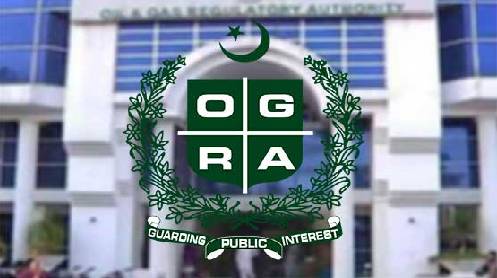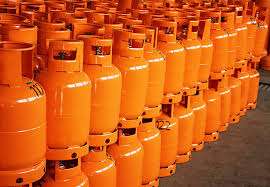ISLAMABAD: Minister of State for Finance and Railways Bilal Azhar Kayani has instructed the Petroleum Division and the Oil and Gas Regulatory Authority (Ogra) to urgently address industry concerns over the grid transition levy and retrospective RLNG charges, sources told Business Recorder.
The directives were issued during a meeting with a business community delegation representing the Special Investment Facilitation Council (SIFC). Industry representatives argued that the grid transition levy disproportionately penalises high-efficiency Combined Heat and Power (CHP) plants, which operate at 60–80pc efficiency by utilising waste heat in production processes.
They proposed reclassifying CHP plants under the industrial gas tariff category, subject to a minimum 60pc efficiency benchmark and annual third-party audits. It was further recommended that RLNG be supplied at actual cost without government subsidies.
The delegation — comprising APTMA, KCCI and other business bodies — also complained that sales tax was being charged separately on the captive levy. On the contentious issue of retrospective RLNG charges, the meeting decided that Ogra and the Petroleum Division would work together to resolve the matter and present an update on quarterly actualisation of charges.
The Petroleum Division will reassess calculations for the grid transition levy in light of APTMA’s concerns regarding reliance on peak-hour tariffs and constraints linked to the IMF programme. Meanwhile, the Power Division will provide clarification on the applicability of sales tax on the captive levy to the SIFC and the minister’s office by Nov 14.
Industry representatives stated that retrospective RLNG charges amounting to Rs75 billion are being recovered through electricity bills, creating serious financial strain as corporate accounts for the relevant period have already been closed. Although the actualisation decision has been challenged in court, bills continue to be issued. FPCCI and GCCI requested temporary relief until the court’s final ruling.
FPCCI also raised objections to the deployment of FBR officials in selected factories under Section 40B of the Sales Tax Act, calling the measure discriminatory. The minister directed that complaints received from Multan CCI under Section 40B be addressed at the next committee meeting.
Additionally, QCCI urged renewal of the trade waiver on electronic items imported from Iran, which is due to expire in 45 days. They requested an extension of its validity to one year.
Story by Mushtaq Ghumman






